Statement of concern: NSW not facilitating prison inspections by UN Committee
A statement of concern from the Public Interest Advocacy Centre (PIAC), Community Legal Centres NSW, Human Rights Law Centre (HRLC), Amnesty International Australia, Aboriginal Legal Service (NSW/ACT), First People’s Disability Network Australia (FPDNA) and Change the Record.
We are concerned about reports that the NSW Government is refusing to allow the visiting United Nations Subcommittee on Prevention of Torture and other Cruel, Inhuman or Degrading Treatment or Punishment to access NSW prisons and youth detention centres.
The UN Subcommittee on Prevention of Torture is visiting Australia as part of Australia’s commitment to the Optional Protocol to the Convention Against Torture and Other Cruel, Inhuman or Degrading Treatment or Punishment.
We encourage the NSW Government to cooperate with the UN Subcommittee in line with Australia’s commitment to the Protocol. NSW is reportedly the only State or Territory not cooperatively facilitating inspections of its prisons by the UN Subcommittee.
Our clients have been subjected to solitary confinement in circumstances that have impacted upon their mental health, and have been denied access to medical care in NSW’s youth detention centres and prisons. The UN Subcommittee must be provided access to these places of detention to be able to assess the conditions and treatment of prisoners.
We call on the NSW Government to fully cooperate with the UN OPCAT delegation.

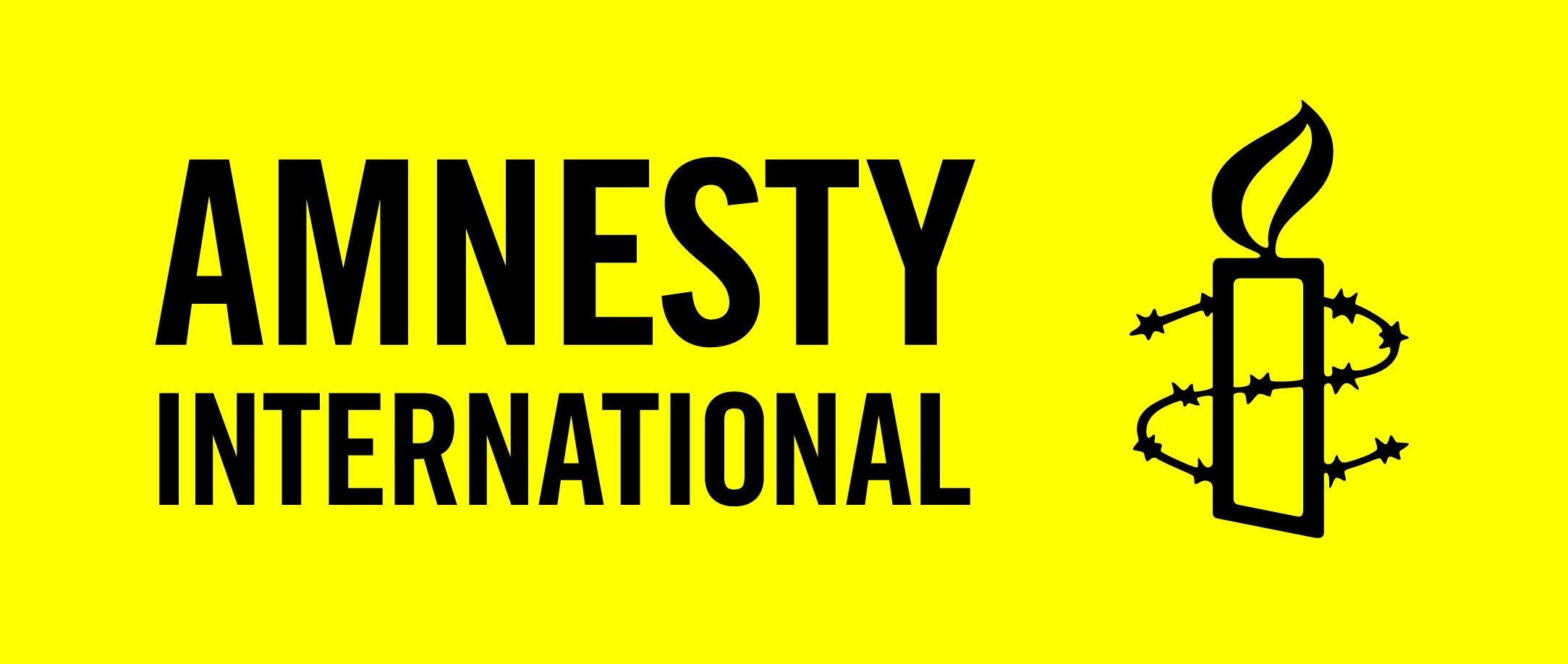
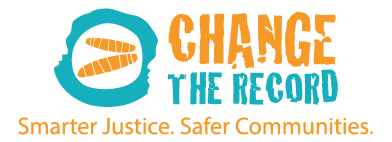
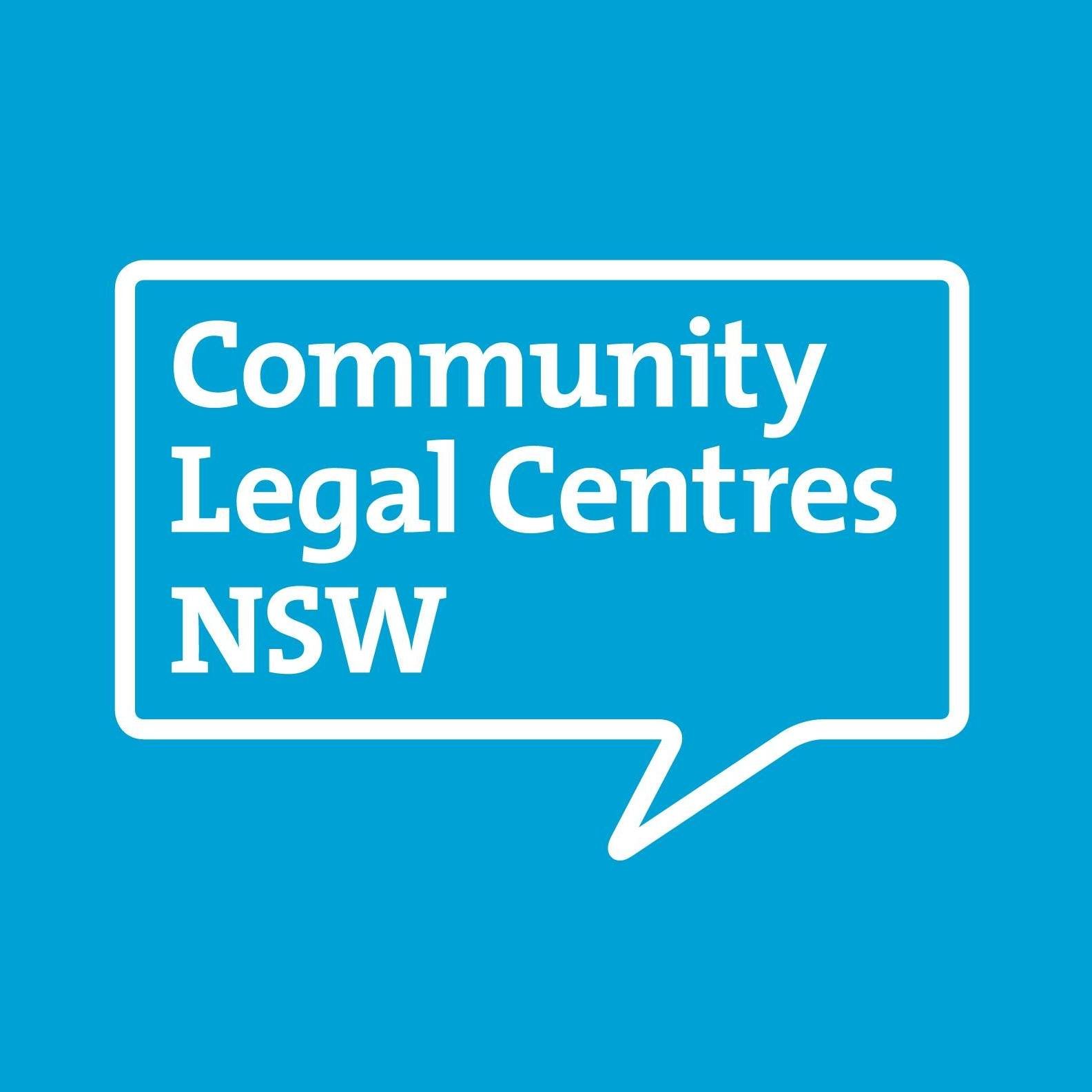
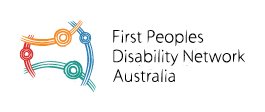

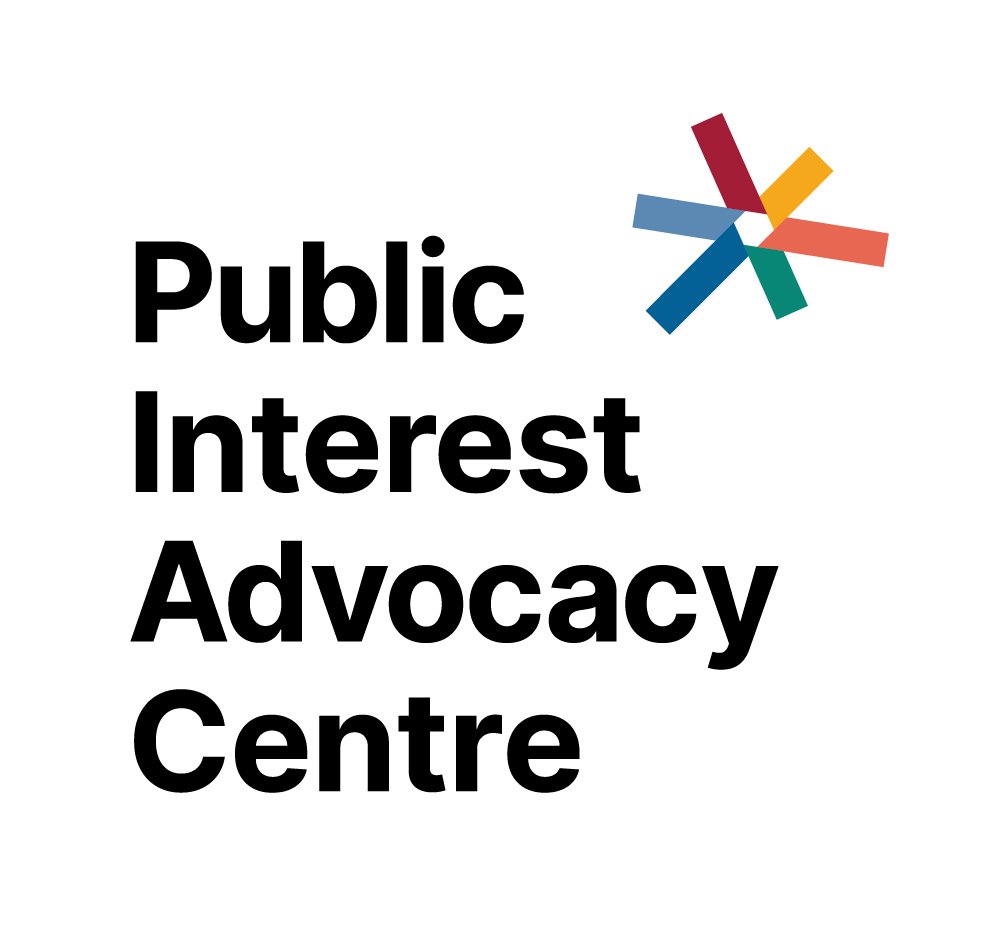
Media contact:
PIAC Media and Communications Manager, Danielle Buhagiar: 0478 739 280.
Media Enquiries
Chandi Bates
Media and Communications Manager
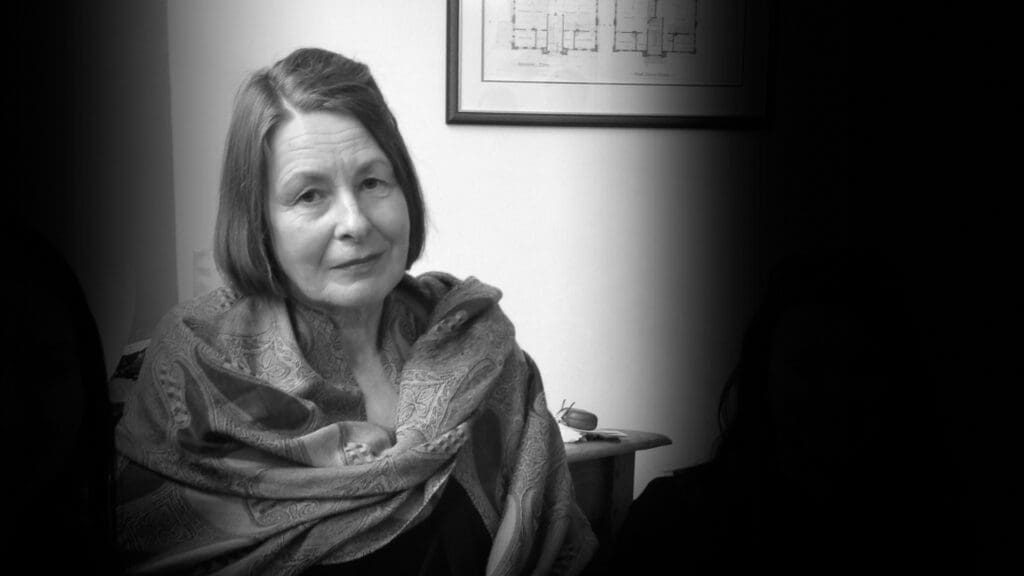
Legal challenge filed against Tasmanian Parole Board’s decision to gag free speech
The Human Rights Law Centre has filed legal proceedings on behalf of Tasmanian grandmother, Susan Neill-Fraser, to challenge a restrictive parole condition placed on her by the Tasmanian Parole Board seeking to limit her ability to speak to the media.
Read more
University of Melbourne urged to drop repressive anti-protest and surveillance policies
The University of Melbourne is being urged to abandon policy changes that restrict staff and students’ right to protest and permit the widespread surveillance of people using their wifi network.
Read more
Expanded protections for marginalised groups welcomed in Allan Government’s anti-vilification laws
The Human Rights Law Centre welcomes the additional protections for marginalised groups in anti-vilification laws passed today by the Allan Government. These laws expand protections from vilification to include people from LGBTIQA+ and disability communities, and provide communities with important civil law avenues to address vilification.
Read more


